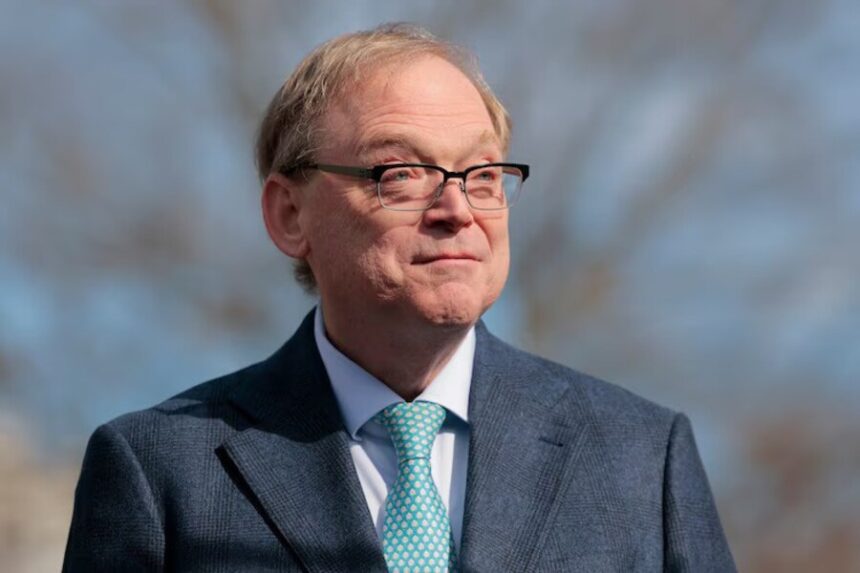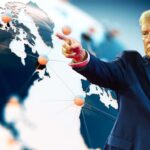In a recent interview with ABC News, National Economic Council Director Kevin Hassett defended President Donald Trump’s decision to impose a 50% tariff on Brazil, despite the U.S. having a trade surplus with the South American nation. This move, which targets Brazil—America’s second-largest trading partner—has sparked a debate on the legitimacy of using national security concerns as the basis for such tariffs.
Hassett explained that President Trump has the authority to impose tariffs if he deems it necessary for national security. In particular, the administration has emphasized the need to onshore production within the U.S. to mitigate the risk posed by the country’s trade deficit. While this aligns with the administration’s broader tariff strategy, Hassett’s comments did little to clarify how Brazil’s handling of a criminal case against former President Jair Bolsonaro could constitute a national security threat, as suggested by Trump’s letter.
Jonathan Karl, ABC News co-anchor, pressed Hassett on the logic behind the tariffs, particularly since the U.S. has a trade surplus with Brazil, not a deficit. Hassett responded that the U.S. must maintain a comprehensive strategy to ensure that trade imbalances do not jeopardize national security. He suggested that without such a strategy, countries could bypass tariffs through “transshipping,” a practice that would undermine the administration’s objectives.
Hassett’s defense also extended to Trump’s broader global tariff strategy, including ongoing negotiations with the European Union and Mexico. He stated that while the tariffs are real, they are intended as a negotiating tool. He underscored that Trump’s tariff policies had generated significant revenue, citing estimates from the Congressional Budget Office, which predicted that tariff revenues would help reduce the national deficit and bolster entitlement programs. Despite these tariffs, Hassett pointed out that inflation in the U.S. remains at its lowest point in over a decade, indicating that the burden of the tariffs is not falling primarily on American consumers.
The conversation also touched on the imposition of a 50% tariff on copper imports, a critical metal used in manufacturing and military production. The Wall Street Journal raised concerns about the potential economic ramifications, particularly for industries that rely on copper, such as construction, automotive, and defense. Some critics have argued that the tariffs could hurt American manufacturers by driving up costs while the domestic copper industry ramps up production.
Hassett responded by reiterating that copper is vital for national security, particularly in the manufacturing of weapons and military equipment. He stressed that the U.S. has abundant copper reserves but lacks sufficient production capacity. The administration’s decision, he argued, was made to ensure that the country could meet its military needs in times of crisis.
On the issue of potential price hikes resulting from these tariffs, Hassett acknowledged the concerns but downplayed their impact, noting that inflation has been significantly lower than expected. He highlighted that the U.S. inflation rate is now comparable to that of Europe, suggesting that the tariff strategy has not contributed to major economic disruptions. Hassett also pointed to the long-term goals of increasing domestic production in key industries, which he argued would ultimately benefit the U.S. economy and national security.
As President Trump’s tariffs continue to shape trade relations with Brazil, the European Union, Mexico, and other global partners, the White House remains committed to using these economic tools to address national security concerns and bolster U.S. manufacturing. However, as the administration navigates ongoing negotiations, it remains to be seen whether the financial fallout from these tariffs will outweigh the long-term benefits that the administration claims they will bring.
With tensions rising over trade practices and the national security implications of global economic strategies, future developments will likely shape the broader narrative of Trump’s financial legacy.




